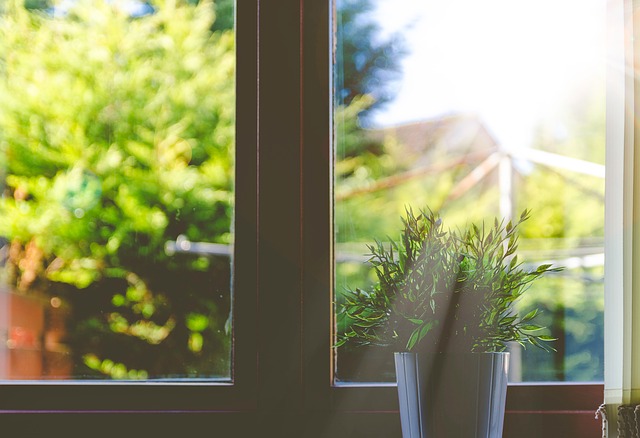Passive building standards, a construction standard in force in Luxembourg since January 2017, imply the use of triple glazing for all the new constructions. For renovation works, the owner decides to use or not triple glazing and this solution needs to be assessed on a case by case basis.
Replacing doors and windows for a better insulation
Global warming makes it necessary to keep reducing our energy consumption. Regarding housing, this primarily means optimising insulation. Old doors and windows are responsible for 15 to 30% of the total heat dispersion. Replacing them significantly enhances insulation. And triple glazing can be considered as a solution to obtain even better thermal performances. However, for old edifices, as their building envelope is much less efficient than in passive buildings, triple glazing may not always be the best solution.
“Triple glazing can be considered as a solution to obtain better thermal performances.”
Find our ads on:
Double or triple glazing: what is the difference?
Double glazing consists of two 4 mm glass window panes separated by a space filled with argon or krypton. This technology improved a lot during the last few years and its insulating power increased significantly. Its insulation efficiency is six times higher than simple glazing and 2.5 times higher than 25 years ago. Replacing your simple-glazed old windows by double-glazed ones, you could reduce thermal dispersion by 40%. Triple glazing includes one more pane which strengthens insulating efficiency.
“Replacing your simple-glazed old windows by double-glazed ones, you could reduce thermal dispersion by 40%.”
Renovation works: properly assess the benefits of triple glazing
Triple glazing efficiency is such that you do not get the benefits of sun’s heat, which, in winter, is not only cosy but also helps to reduce heating energy consumption. Besides, this technology implies an extra cost around 75% as well as the use of thick and heavy frames. These limits show the importance of assessing the benefits of such works taking into consideration two key factors: the orientation of the windows and the local weather.
“The orientation of the windows and the local weather: two factors to consider before installing triple glazing.”
Triple glazing, orientation and local weather
In cold areas with long winters and reduced daylight, triple glazing seems a good investment. In more temperate regions, it might be wiser to limit triple glazing to North and East-facing windows. Where weather is mild and sunny, triple glazing is not interesting and the efficiency gain can even be negative. Indeed, in these regions, mid-season sun’s heat partially or even totally covers heating requirements. Opting for triple glazing you will lose this benefit.
“Triple glazing can be beneficial in some cases; we recommend to assess your needs before investing.”
Triple glazing and noise insulation
Triple glazing is highly soundproof. Owners whose property is located in noisy environments (along a highway or a railway, close to an airport…) should pay close attention to this characteristic. This additional element will help you decide on the appropriateness of opting for triple glazing if you plan to refurbish your property.
“Owners whose property is located in noisy environments will pay close attention to noise insulation.”

